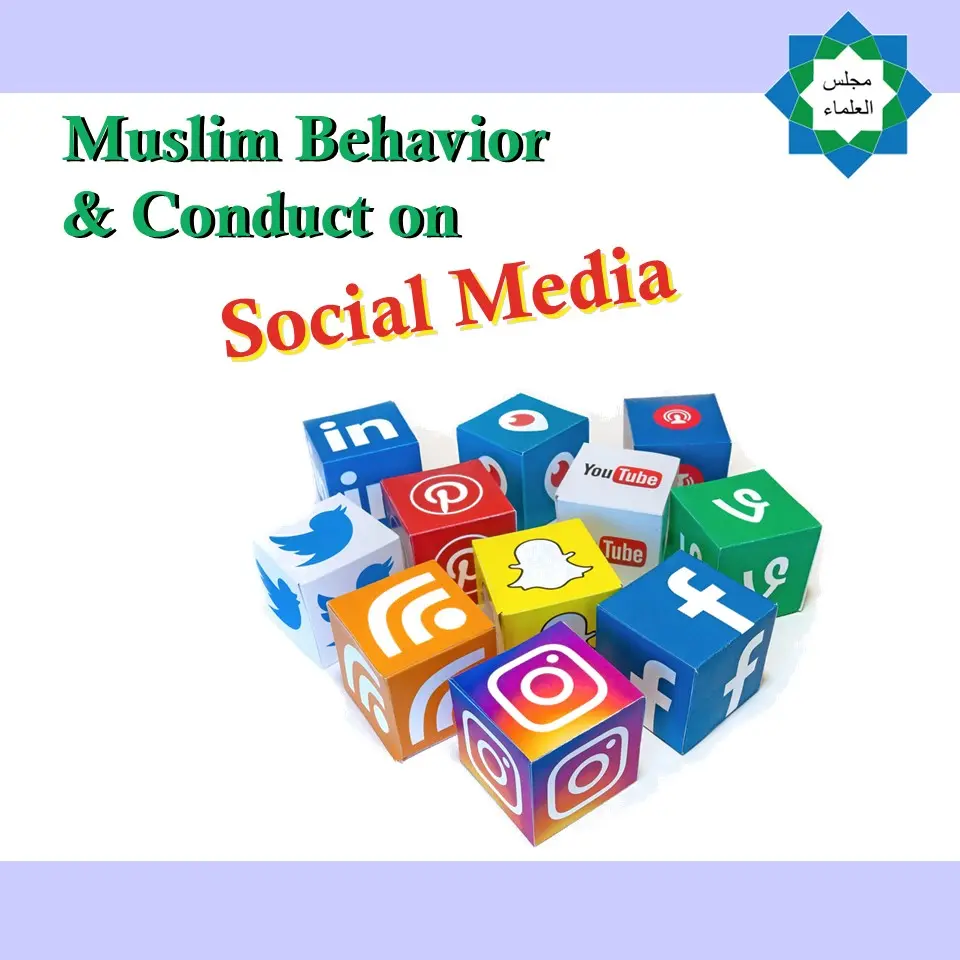Social Media & Muslim Behavior & Conduct
Social media penetration stands presently at 4.8 billion users worldwide as at April 2023, (~60% of the world population, growing at 3.2% per annum). Usage varies by specific demographics across age, income, gender, education backgrounds… demonstrate usage across the board – it is not relegated to only youths, or only female, etc. Some platforms feature usage by different demographics (such as TikTok by age and Pinterest by gender).
In this context, there are some potential benefits, threats and drawbacks, along with evolving protocols on its use and utilization. How should Muslims respond to this class of technology? in this paper, we consider a range of associated issues:
Understanding Social Media In Context (Who Uses It? How People Connect & Use Social Media? General Issues In Use; Opportunities – Social Media Can Be Beneficial; Risks – What Can Go Wrong Using Social Media?)
Social Media, Islam & Muslims (How Should Social Media Be Used By Muslims; Things To Do; Things To Avoid; Things To Remember
Social Media Use & Acceptability (Is It Permissible To Use Social Media? Is It Permissible To Have Your Photo On Your Profile Of Your Social Media Account, Or To Share Photos Of Self, Family Etc.?)
What To Do If We Are Exposed To Content Of A Haram Nature? What To Do If We Discover Our Spouses Or Family Are Misusing Social Media?
How To React If Others Are Misusing Social Media / Misrepresenting Islam / Maligning Muslims? How To React When Followers Of Other Muslim Ideologies Begin To Criticize, Berate, Accuse, Condemn, Or Castigate Our Content? How To Respond (Or Not) On Religious Content Of Other Religions.
In What Context Can Interaction With Non-Mahram Persons Be Permissible? Can Women Produce (Halaal) Content For Display And Distribution On Social Media – E.G. Speeches, Qira-Ah,
